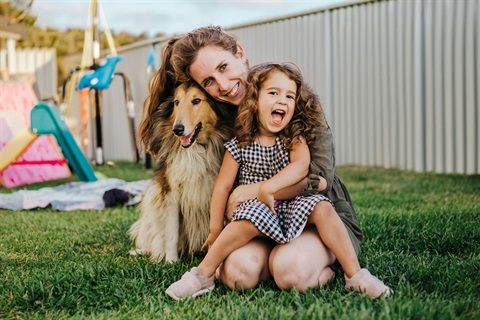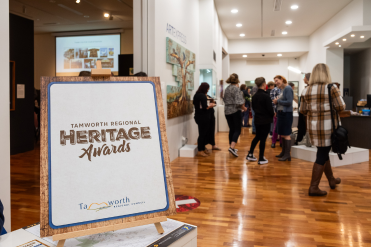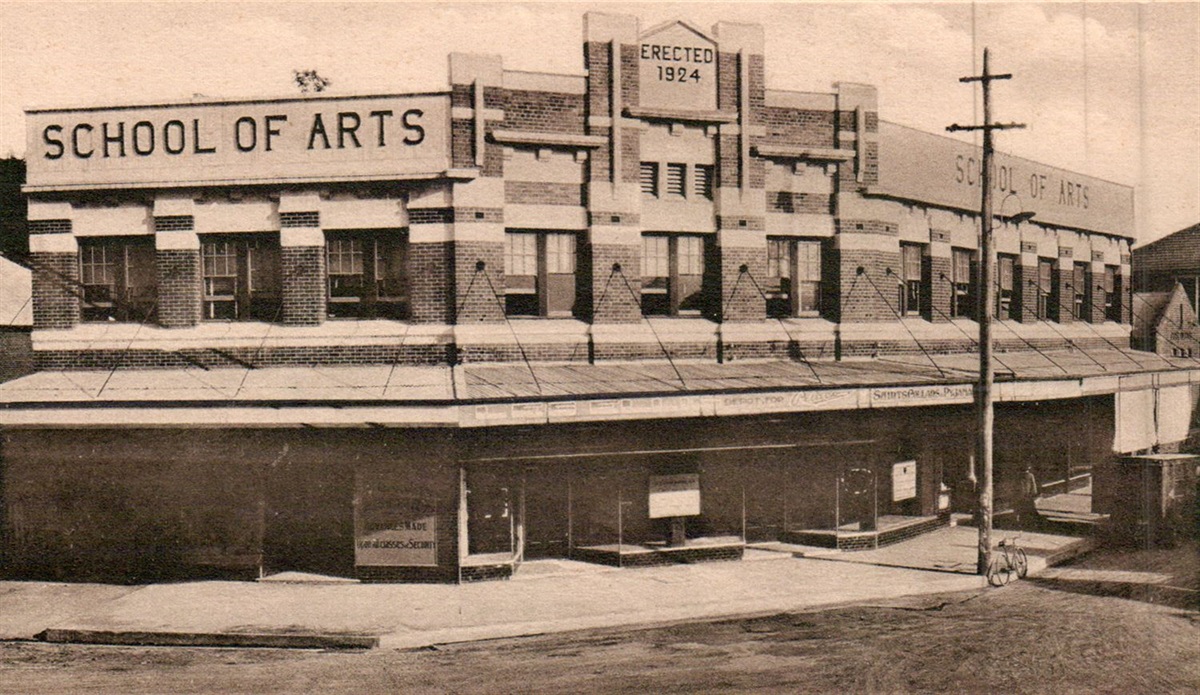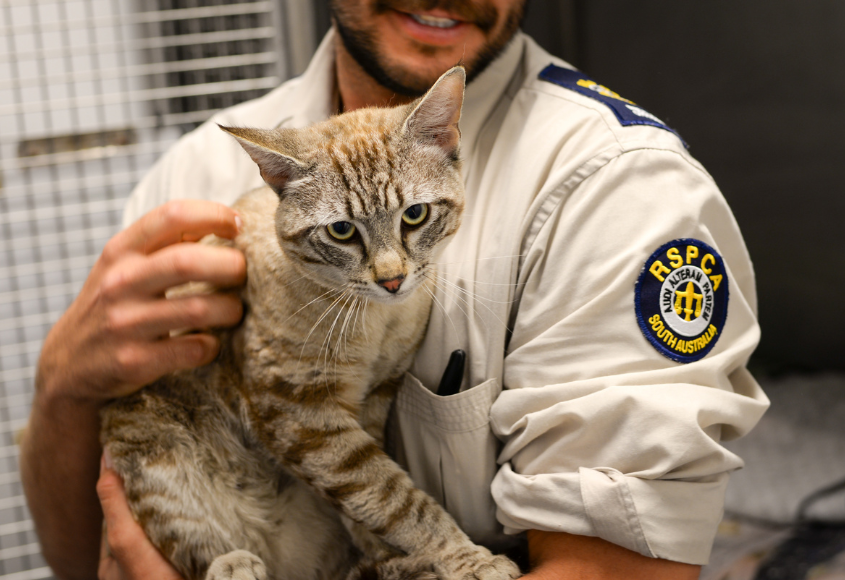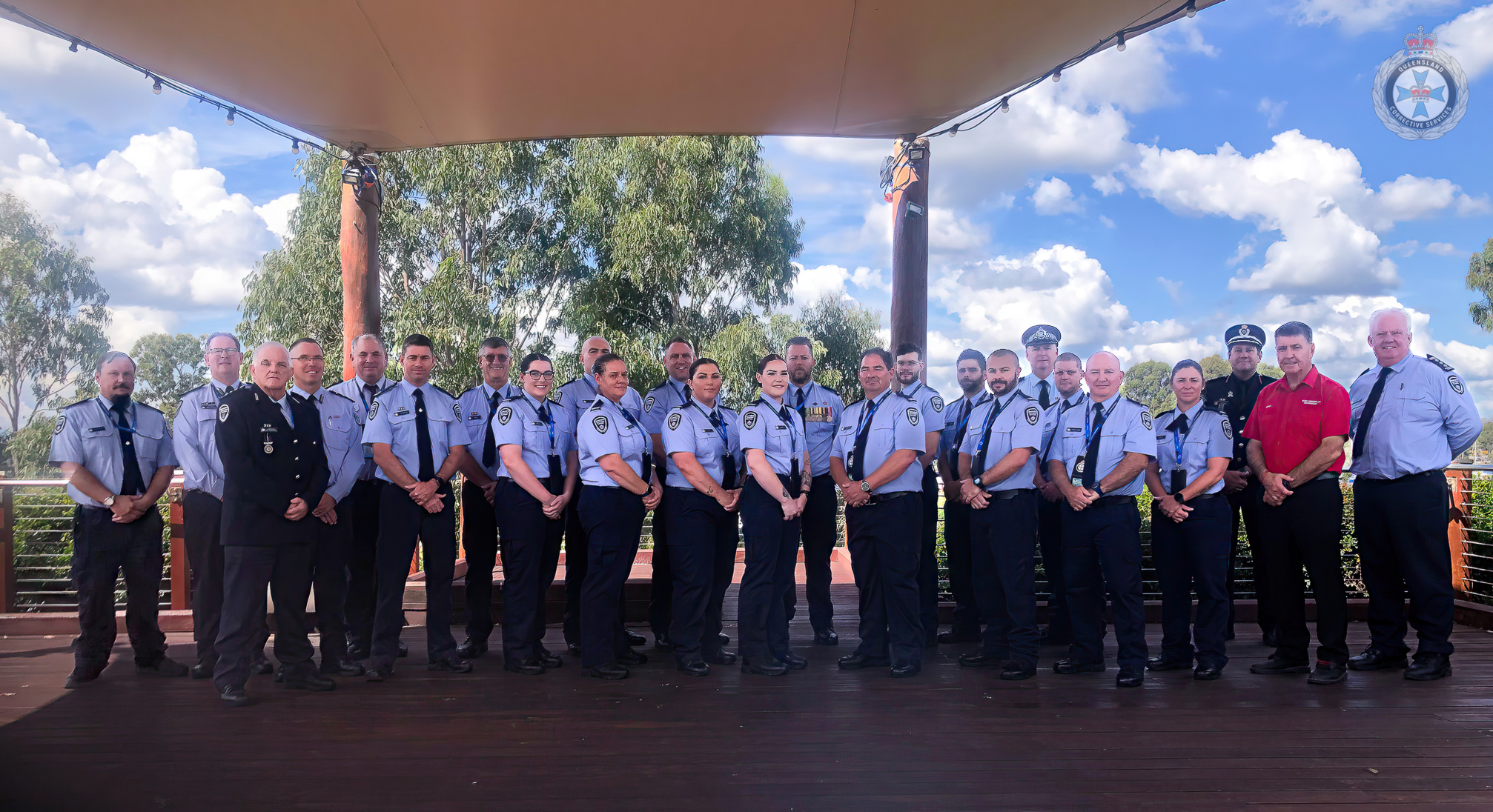Researchers from The University of Western Australia are calling for volunteers to take part in a world-first clinical trial of a new product that has the potential to prevent or reduce debilitating scars formed after trauma and particularly following burn injury.
Renowned burns specialist Professor Fiona Wood from the UWA Medical School is working with her team and the Australian clinical research company Pharmaxis on the trials at Perth’s Fiona Stanley Hospital.
Professor Wood said scar formation following a burn or skin injury is a considerable health issue worldwide and has a huge impact on patient wellbeing and how they feel about themselves.
“Scars are a constant reminder of trauma with both physical and psychological impact,” she said.
The new drug, known as PXS-6302 inhibits enzymes involved in the formation and maintenance of scars.
Under the guidance of Professor Wood, the team will test whether administering PXS-6302 as a cream for a three-month period, on patients with established scar tissue has the ability to reduce the scar and its impact.
“Long‐term scars are notoriously hard to improve, so it is potentially ground‐breaking that a simple cream may make a difference,” Professor Wood said.
Pharmaxis CEO Gary Phillips said the 42 volunteers would be placed in either an active or placebo group, with results of the trial expected to be announced by the end of the year.
“We have had a long and productive collaboration with researchers at UWA and this trial of PXS-6302 will establish whether the remarkable results seen in the pre-clinical models can be replicated in patients,” Mr Phillips said.
“Scarring can have a devastating and life-long impact on people who have suffered traumatic injuries. A topical cream to reduce scarring would have a significant role in treatment.”
To participate in the study, you need to be between 18-60 years old, have a scar (it does not have to be a burn scar) of 10cm2 and that is at least a year old. Blood and skin samples will be taken during the treatment.

